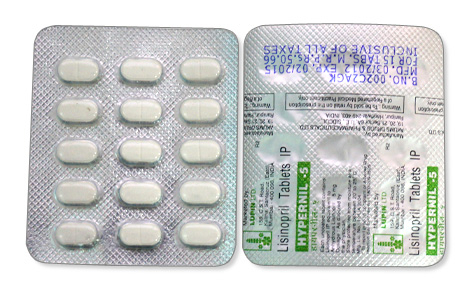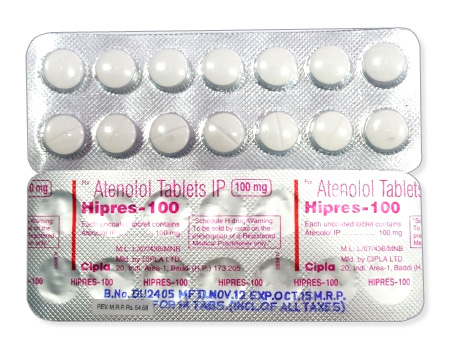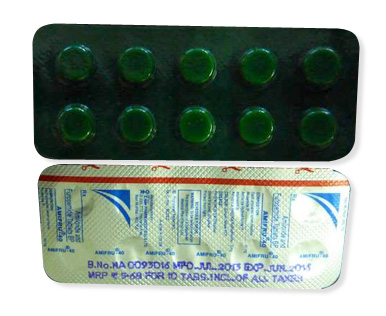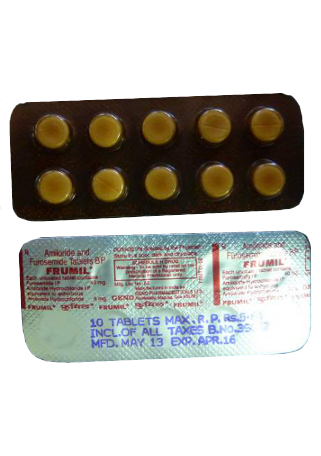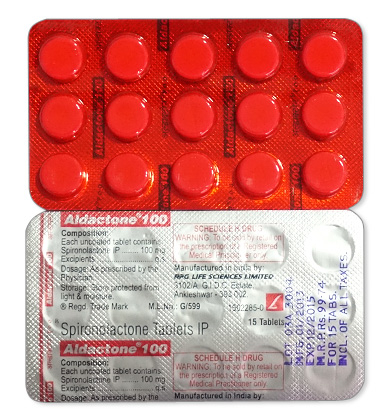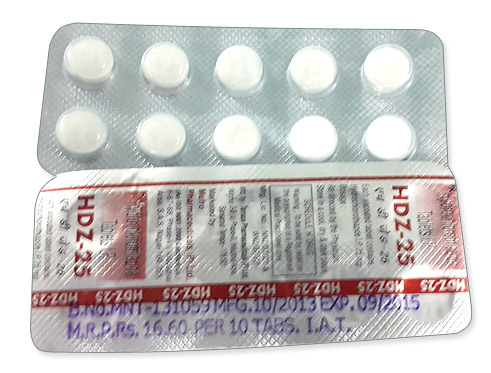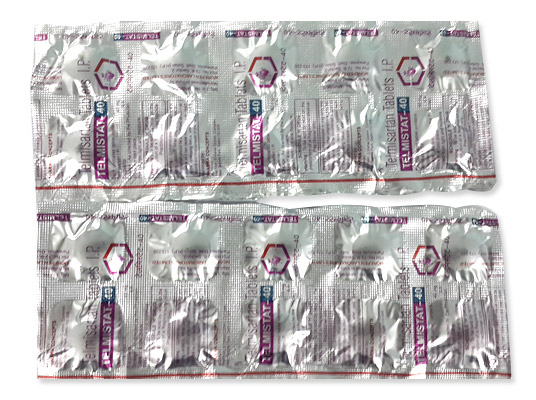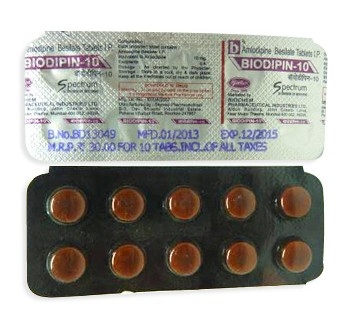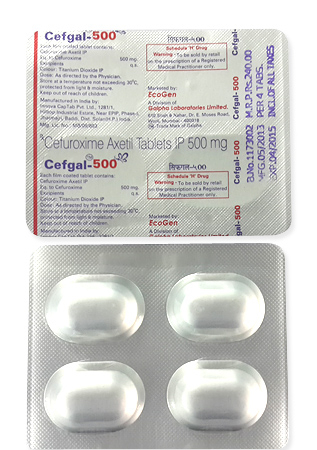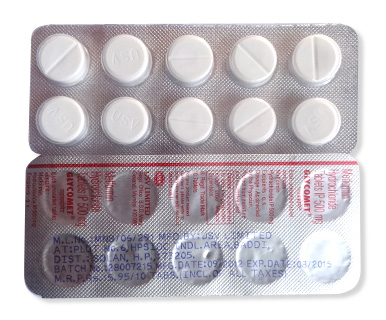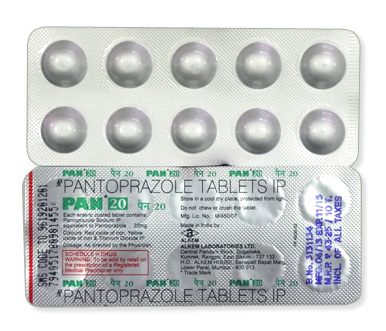Isoptin Sr
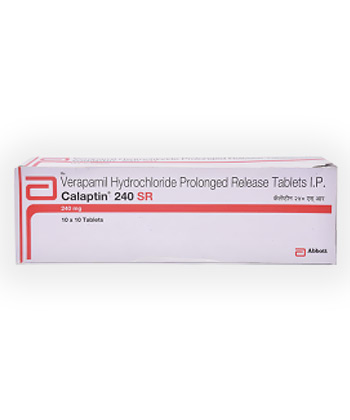
Isoptin Sr
- In our pharmacy, you can buy Isoptin Sr without a prescription, with delivery in 5–14 days throughout Europe. Discreet and anonymous packaging.
- Isoptin Sr treats hypertension, chronic angina, and specific arrhythmias by inhibiting calcium channels to reduce peripheral vascular resistance and heart rate.
- The usual starting dose is 180mg once daily, which may be increased to 240mg or 360mg daily based on response.
- The medication is administered orally as an extended-release tablet.
- Therapeutic effects begin within 1–2 hours after administration.
- The duration of action lasts approximately 24 hours when taken once daily.
- Avoid alcohol consumption due to increased risk of hypotension and dizziness.
- The most common side effects are constipation, nausea, headache, flushing, and fatigue.
- Would you like to try Isoptin Sr without a prescription?
Basic Drug Profile: Isoptin SR Essentials
| Attribute | Details |
|---|---|
| Active Ingredient | Verapamil hydrochloride |
| Brand Variants | Isoptin SR, generic verapamil SR |
| ATC Code | C08DA01 (Selective calcium channel blockers) |
| Available Strengths | 120mg, 180mg, 240mg sustained-release tablets |
| Legal Classification | Schedule 4 (Prescription Only Medicine) |
| TGA Registration | ARTG registered; Listed on Pharmaceutical Benefits Scheme |
| Australian Distributor | Viatris Australia Pty Ltd |
| Global Manufacturers | Boehringer Ingelheim, Pfizer, Sandoz |
Isoptin SR contains verapamil hydrochloride, a calcium channel blocker classified under ATC code C08DA01. Available in sustained-release tablet formulations, it comes in three strengths (120mg, 180mg, 240mg) designed for gradual medication release throughout the day. As a Schedule 4 medicine under Australian regulations, it requires full medical assessment and prescription before dispensing. The Therapeutic Goods Administration maintains current registration through the Australian Register of Therapeutic Goods (ARTG). While Boehringer Ingelheim remains the primary manufacturer, Australian pharmacies typically source supply chains through distributors like Mylan-owned Viatris. Generic equivalents entered the market post-patent expiry, broadening accessibility alongside the original Isoptin SR formulation. Shelf presentation includes foil blister packs containing 30 or 60 tablets, with visual identifiers like logo imprints ensuring verification.
How Isoptin SR Mechanism Operates Physiologically
This cardiovascular medication functions through selective calcium channel blockade within cardiac muscle tissue. When calcium ions attempt to enter myocardial cells through specialized pathways, verapamil partially obstructs these channels, fundamentally altering electrical conduction patterns and contraction strength. Translation: it intercepts calcium-dependent signals that trigger heart contractions, resulting in reduced pumping force and slower electrical transmission. This dual-action mechanism enables blood pressure reduction while moderating cardiac workload - particularly beneficial in hypertension and angina management.
Pharmacokinetics reveal notable characteristics: onset begins within 1-2 hours post-ingestion of sustained-release formulations, with effects maintaining over 12-24 hours. Primary metabolism occurs hepatically through the CYP3A4 enzyme pathway, creating active metabolites before renal elimination (70%). Half-life variability exists between patients (2.8-7.4 hours), necessitating individualised dosing considerations. Important interaction alerts warrant attention: avoid grapefruit (blocks CYP3A4), systemic azoles, and concurrent beta-blockers without cardiologist oversight. Alcohol amplifies hypotension risks significantly - caution warranted. Always scan new medications using online interaction checkers like NPS Medicines Finder.
Approved Clinical Indications and Alternate Applications
Therapeutic Goods Administration approval covers three primary cardiovascular applications: essential hypertension management, chronic stable angina, and select supraventricular arrhythmias. Hypertension treatment leverages vasodilation effects that reduce peripheral resistance, while angina relief stems from diminished myocardial oxygen consumption. For rhythm disorders like atrial fibrillation, verapamil slows conduction through the atrioventricular node.
Beyond TGA-approved indications, clinicians frequently prescribe Isoptin SR off-label for migraine prophylaxis, particularly for patients experiencing aura phenomena. Emerging Australian headache clinic protocols utilize its vascular modulation properties to reduce cerebral artery vasospasms. Evidence also supports off-label applications in cluster headache suppression and idiopathic hypertrophic subaortic stenosis management.
High-risk patient populations require careful evaluation. Geriatric patients (>65 years) exhibit heightened sensitivity to hypotensive effects - recommended initiation at ≤120mg daily. During pregnancy (Category C), practitioners balance hypertension benefits against cellular calcium blockade risks across placental barriers. Postpartum mothers should consult paediatricians regarding breastfeeding implications despite minimal milk secretion transmission. Therapeutic decisions across these special populations involve collaborative risk-benefit analysis.
Dosing Protocols and Modifications
| Condition | Initial Adult Dose | Maintenance Schedule | Maximum Daily Dose |
|---|---|---|---|
| Hypertension | 180mg morning | Increase by 120mg weekly | 480mg (divided doses) |
| Stable Angina | 120mg daily | Increase by 120mg weekly | 480mg (single dose) |
| Arrhythmia | 180mg morning | Adjust after 1 week | 360mg |
For hypertension management, the initial 180mg dosage typically administered at breakfast demonstrates steady-state blood pressure effects within one week. Gradual titration up to 360-480mg/day remains standard practice, though split dosing may become necessary beyond 240mg for sustaining 24-hour coverage.
Special dosing adjustments:
- Renal impairment (eGFR <10 ml/min/1.73m²): Reduce daily dose 25-50%
- Hepatic dysfunction: Avoid in cirrhosis; reduce by 50% in mild-moderate impairment
- Elderly: Initiate below standard doses (100-120mg/day)
Missed dose management requires pragmatic approaches: take immediate-release tablets when remembered unless near next scheduled dose (never double-dose). Storage protocols specify temperature-controlled environments below 25°C with humidity protection - blister packs sustain stability better than pill containers. Never freeze sustained-release formulations as crystallisation compromises controlled-release mechanisms. Shelf life extends to 2-3 years when properly stored.
5. Contraindications & Safety Priorities
Using Isoptin SR requires careful consideration of health conditions due to its cardiac effects. Patients should avoid this medication completely if diagnosed with:
- Sick sinus syndrome (without pacemaker)
- 2nd or 3rd-degree heart block
- Severe heart failure or cardiogenic shock
- Low blood pressure (under 90mmHg systolic)
Particular caution applies to those with Wolff-Parkinson-White syndrome due to risks of ventricular fibrillation when administered intravenously. Cardiac monitoring is crucial for patients with existing heart failure as verapamil may worsen symptoms. Anyone with known hypersensitivity to verapamil or inactive tablet ingredients must avoid Isoptin SR entirely. Patients should undergo thorough cardiac assessment – including ECG and echocardiogram – prior to initiating treatment to identify any underlying conduction system issues.
6. Side Effects & Comorbidity Precautions
Isoptin SR commonly triggers constipation (approximately 30% of users), dizziness (15%), and peripheral oedema in ankles or feet. Less frequent effects include flushing, headache, nausea and fatigue. For constipation management increase dietary fibre gradually and ensure adequate hydration before considering laxatives.
More concerning reactions requiring urgent medical attention include slowing heart rate below 50 beats per minute, new heart rhythm disturbances, significant breathing difficulties, or eye pain/vision changes indicating glaucoma complications. Patients with neuromuscular conditions (myasthenia gravis), Parkinson's disease or liver/kidney impairment need specialised monitoring – dose adjustments are typically needed to prevent complications. Monthly checks through blood tests and electrocardiograms help identify emerging issues early.
7. Real Patient Insights & Adherence Tips
Australian patients report noticeable blood pressure reductions within 3-4 weeks of consistent Isoptin SR use, but discontinuation rates approach 25% mainly due to persistent constipation or ankle swelling. Many successfully manage side effects through stool softeners, compression stockings, and leg elevation.
Practical adherence strategies include syncing doses with daily routines (morning coffee/evening news) and using smartphone medication reminders. Pill organisers with AM/PM compartments help track compliance. Never stop this medication abruptly as sudden discontinuation can trigger rebound hypertension or dangerous tachycardia.
"Switching to evening dosing resolved my dizziness but the constipation lingered six weeks before improving" shares John L, a Sydney retiree managing atrial fibrillation.
8. Therapeutic Alternatives Compared
| Medication | Cost/month | Effectiveness | Key Considerations |
|---|---|---|---|
| Isoptin SR | $22-35 | Strong cardio-specific action | AV nodal blockade - monitoring required |
| Diltiazem brands (Cardizem) | $15-28 | Comparable heart rate control | Reduced constipation risk |
| Amlodipine generics | $8-12 | Potent blood pressure control | Higher peripheral oedema incidence |
For certain arrhythmias, beta-blockers like atenolol remain alternatives despite different mechanisms. Combination medications like Tarka (verapamil + trandolapril) suit patients requiring dual therapy.
9. Australian Market Access Insights
Isoptin SR is widely accessible across Australia through major pharmacies including Chemist Warehouse and TerryWhite Chemists with consistent availability in metropolitan and regional centres. Postal delivery options exist via prescription services like HelpMeds.
Pharmaceutical Benefits Scheme subsidies reduce costs significantly for concession card holders ($30 monthly co-payment) while private scripts typically range between $22-40 for standard package sizes. Recent resupply patterns indicate steady availability despite ongoing verapamil capsule shortages.
Packages contain foil blister packs (30-60 tablets per box) requiring protection from light exposure - amber pill bottles are recommended when travelling. Store at room temperature away from moisture and always retain original packaging for batch tracking.
New Research & Future Outlook
Recent research is revealing exciting potential for verapamil beyond its current uses. A major 2023 meta-analysis examined data from over 4,500 hypertensive patients with atrial fibrillation - it demonstrated an 18% reduction in stroke risk among Isoptin SR users. Australian specialists are monitoring developing applications as evidence grows:
- Liver disease trials show early promise for Nash management in Phase II studies
- Neurological applications being explored preclinically for Parkinson's dyskinesia
- Cardiovascular protection continues in CardioVerapami-SR registry study tracking real-world outcomes
With patents expiring post-2025, costs are projected to decrease significantly across Australia. Experts predict generic verapamil SR formulations could enhance accessibility for chronic hypertension management nationwide.
Top Patient Questions Answered
Common concerns about Isoptin SR use in Australia addressed directly:
Q: "Can I drink wine while taking this medication?"
A: Limit alcohol to one standard drink daily - excessive amounts can dangerously lower blood pressure.
Q: "Is Isoptin SR safe with Panadol Osteo?"
A: Paracetamol combinations are generally acceptable; avoid NSAIDs like ibuprofen without medical supervision.
Q: "Does it affect fertility?"
A: No human evidence suggests fertility impacts; discuss alternatives when planning pregnancy.
Q: "Can the tablets be split or crushed?"
A: Extended-release tablets must be swallowed whole - splitting alters absorption.
Q: "Safe while driving or operating machinery?"
A: Monitor initial dizziness; avoid heavy equipment until effects are known.
Q: "Compatible with complementary medicines?"
A: St John's wort significantly reduces effectiveness - always disclose supplements.
Q: "What cultures should avoid verapamil?"
A: Certain Pacific Islander populations require genetic testing before use.
Q: "Can pharmacists supply repeats in Australia?"
A: Yes under specific state-based Continued Dispensing arrangements during shortages.
Practical Guidelines for Daily Use
Follow clinical recommendations for Isoptin SR therapy:
- Optimal dosing: Swallow tablet whole with morning water
- Food interactions: Avoid high-fat breakfasts delaying absorption
- Missed doses: Skip if more than 10 hours late
- Storage protocols: Keep in original packaging below 25°C; freezing damages extended-release mechanism
Critical interactions to note:
- Grapefruit products altering drug metabolism
- St John's wort reducing effectiveness by 50%
- NSurofen increasing potential kidney issues
Required monitoring includes weekly blood pressure recordings and annual kidney/liver function tests especially for seniors. Report signs like significant swelling or slowed heartbeat immediately to healthcare providers.

